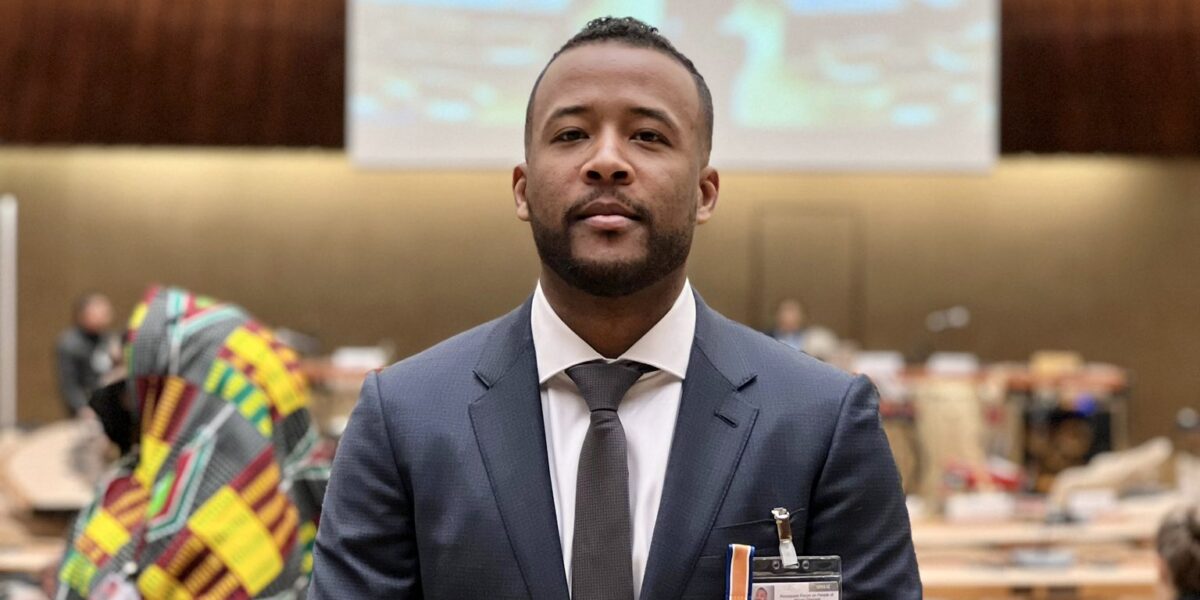The Canadian Human Rights Commission (CHRC) is undergoing a special review by an international body that regulates the world’s human rights institutions.
The Global Alliance of National Human Rights Institutions (GANHRI) is an organization that is separate from but works closely with the UN Office of the High Commissioner for Human Rights. It was prompted to investigate the CHRC after a complaint submitted by a coalition of activists, including Black federal public service workers who have launched a class action against the government.
The coalition’s complaint includes findings by the Senate Human Rights Committee which found there was “extensive” anti-Black racism and systemic discrimination in the CHRC. As well, the Treasury Board Secretariat concluded the CHRC had breached the “no discrimination” clause of three collective agreements in the public service.
Despite these findings, Nicholas Marcus Thompson, Chief Executive Officer of the Black Class Action Secretariat, said there has been little concrete action to improve conditions for the CHRC’s Black workers.
“For far too long, the Canadian government has been in charge of investigating itself. How can it be those who have perpetrated these harms are then tasked with implementing the solutions,” Thompson said.
The results of the investigation could affect the CHRC’s human rights accreditation status with GANHRI. CHRC currently holds “A” status. If this drops to a “B” rating, the commission will lose its ability to independently address the UN Human Rights Council. The CHRC is responsible for holding Canada to account on the implementation of international human rights obligations.
An investigation of the CHRC from an international body will perhaps impose the pressure needed for justice, Thompson added.
“This [review] now puts us among the ranks of nations like Russia, Iraq and Venezuela, who have faced a special review,” he said.
Bernadeth Betchi, a plaintiff in the Black Class Action, said the news of the special review made her hopeful.
In her five years working for the federal government, Betchi said she had experienced a demotion from her role at the Prime Minister’s office to a junior role at the CHRC, being overlooked for promotions and being asked to compete for positions when coworkers were offered opportunities.
In 2020, her doctor recommended she take time off from work because the stress from discrimination could have affected her pregnancy.
After having experienced this, Betchi said she is not sure Canada ever deserved to call itself a human rights leader on the international stage.
“Canada has a history of harming people, its own people,” Betchi said. “So no, I don’t think that we should have called ourselves leaders in human rights.”
The CHRC welcomes the special review, said Veronique Robitaille, a spokesperson for the commission.
“Our submission will show that over the past six years, the Commission has made significant progress on how it supports people filing discrimination complaints based on race,” Robitaille said.
The review will take place during the fall of this year. With the review underway, Thompson, Betchi and the Black Class Action Secretariat are calling on the government to implement a direct access model to the Canadian Human Rights Tribunal, to designate Black people as an employment equity group in the Employment Equity Act, and to create a Black equity commission as an independent office of Parliament.



